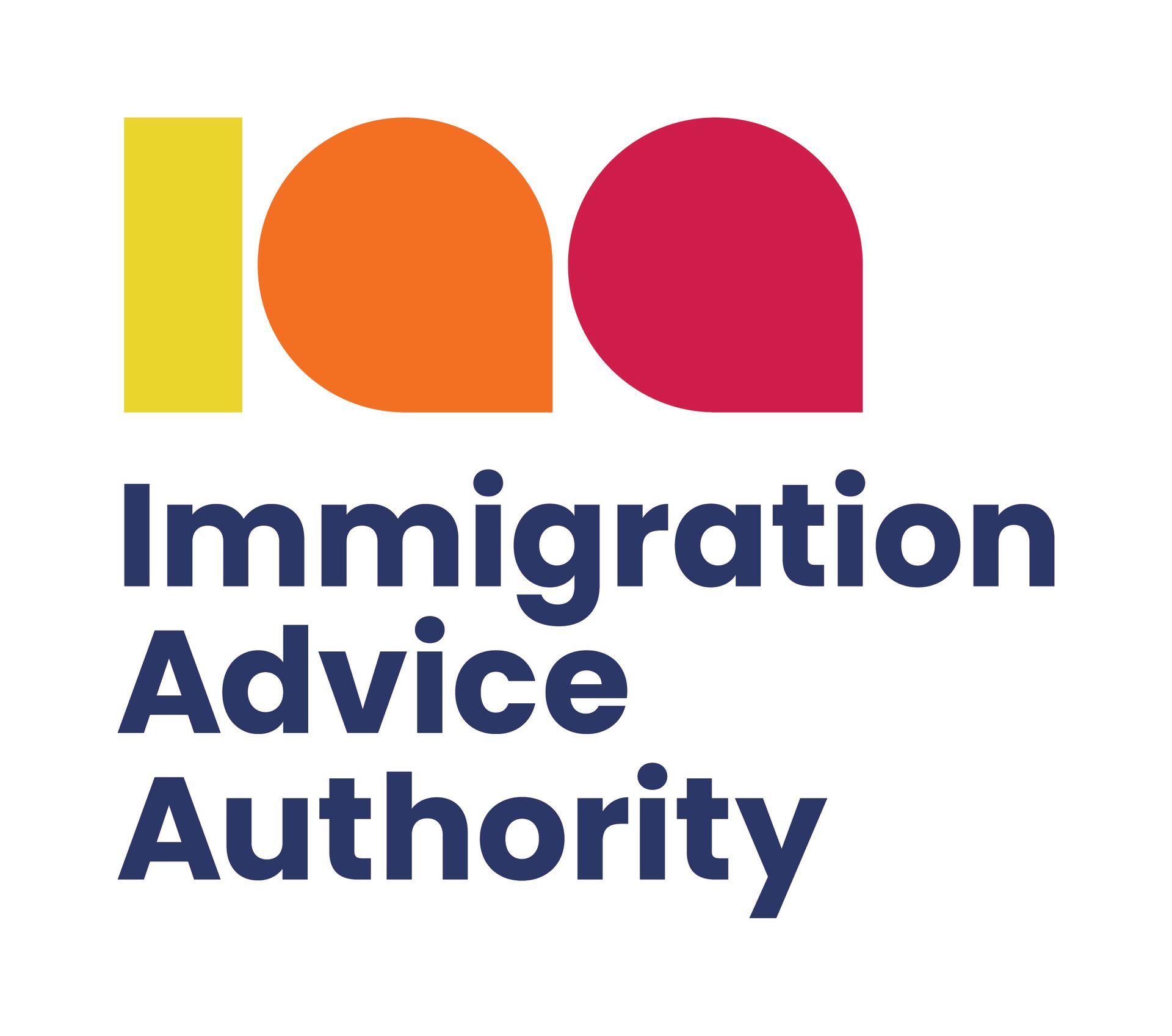Direct employment under your control
How can I stay compliant if I directly employ my staff?
When you employ staff directly, the staff are under your 'DIRECTION' and 'CONTROL' or they should be. This means the employees sign employment contract with you, you pay them under your approved payroll scheme that is registered with HMRC and these workers fall under your employers' liability insurance policy.
If you employ staff that require permission from the Home Office to work in the UK, you must do 'Right to Work' checks and keep employee records in accordance to UK employment laws.
Ask yourself this question, do I employ non-EEA nationals?
If you employ any non-EEA nationals do they need permission to work for you?
Pre-Employment Rules:
Did you know that it is a legal requirement to carry out a 'Right to Work' check before you offer an employment contract or agree to employ them. Regardless of nationality, you need to verify if the person applying for the job has permission to work in the UK and the best evidence is a travel document such as a passport.
If you fail to do this check, you are risking 5 years imprisonment and a civil penalty. This is because you did not do a right to work check as a person that appears to be British or from one of the EU countries is near impossible to verify if you simply go by their level of English, if they hold a national insurance number or hold a UK bank account because of these scenarios:
- Existing visa may not permit UK employment
- Existing visa may need updating before employment with you can commence
- Existing visa may not be permitted for UK employment
- Existing visa may have been curtailed by the Home Office even though the visa still shows a valid date
- Existing falls under partner visa route but the sponsor of the partner has separated which means that partner no longer has a valid visa even if the visa is still valid. This type of scenario can be complex and will need investigating before employment could be considered.
These are just a few examples you will need to consider and investigate.
Employment Rules:
If you have already employed staff, have you complied to the rules on filing the 'Right to Work' status on each employee? This is a legal requirement to avoid civil penalties and custodial sentences being handed to you.
When you employ a person, you should have on file copies of all right to work evidence and track expiry dates. If for example an employee was on a visa, this must be submitted to the Home Office before existing visa expires for the employee to be permitted to carry on working for you.
You should have in place a suitable HR system whether electronic or paper-based or combination of both and if audited you are in a position to demonstrate a compliant work force.
Agency workers not under your control
What if we employ staff from agencies who are responsible for paying their wages?
Many UK businesses employs staff this way as they do not want to have to worry about paying wages, holiday pay, sick pay, pension etc. The business that engages the agency workers will pay the agency x amount per hour and the agency is 100% responsible for paying the worker.
Under this type of arrangement certain rules apply, but if the business hiring the workers via the agency does not do their own due diligence, they could face civil penalties and even a prison sentence.
Are agencies regulated?
Agencies that provide labour do not have to follow any laws but many will be members of REC
where they claim to follow good practices but the issue we have is, they are not regulated to follow and understand the law on 'Right to Work' unless they are a regulated agency with the OISC, Law society
etc.
If we were a business hiring workers from an agency we would recommend you follow these guidelines:
- Before agreeing to use the agency, request to see how they carry out 'Right to Work' checks. This should include visas and other regulating bodies such as DBS, DVLA, GMC, NMC, SIA to name a few if they need a licence to do their job such as drive a mini bus (does their driving licence permit that type of vehicle).
- Sign a legally bound contract with the agency that clearly outlines the agency is 100% responsible and liable if they any worker they place with you is non-compliant.
- Ensure you advise the agency per job vacancy what 'Right to Work' is required (Passport/visa checks is mandatory and other checks such as DBS, driving licence, SIA badge etc.)
- When the agency sends you CVs of workers to be considered, insist they issue you with each CV a 'Right to Work' report so you know they done it. The agency may not provide the evidence unless you agree to hire the worker.
- When you accept a worker from the agency, insist thet you see the original evidence of any right to work documents. Do not permit employment until you have seen the original evidence. Obtain the original evidence and do this:
- Take a photocopy of the worker's passport and if applicable visa evidence plus any other licence to work
- Print your full name, job title, date and confirm you have seen the original evidence on each document copied
- Now file this evidence with the worker's CV, references etc.
- If the agency provides you any staff from outside the EU (EEA Nationals), if the worker holds a Tier 2 or Tier 5 visa, you need to know this as the Home Office has strict rules where businesses contract these types of workers to other businesses.
The above is just a guide and each agency may operate differently, but the above will help you to take control of the agency.
Civil Penalty & Custodial Sentence - are we liable?
If you were caught employing a worker from an agency that did not have the correct 'Right to Work' evidence, the regulating body such as the Home Office will want to first validate the agreement between your business and the agency. The Home Office will then look at the hiring process and see if you did your own checks or simply relied upon the agency. The Home Office will, in most cases, prosecute the agency as the worker is on their books, but if they believe you failed to prevent illegal working, they will prosecute your business as well.
Contracting out your employees
If we directly employ staff and decide to hire the staff out to other businesses, what are the risks to our business?
If you are contracting out your employees to another business you are in fact operating in the same was as an agency that supplies labour. You can supply labour to any business but if you employ those staff under Tier 2 of your Home Office sponsor licence then the rules change dramatically.
For example, if you supplied an IT Engineer to ABC Ltd you would have a contract in place and agreed rate per hour, but what if ABC Ltd hired your employee and then contracted that employee to BCD Ltd. You can do this but just make sure the employee knows who their employer is for employment rights.
What if the employee is being sponsored?
Based on the above example, if you employ staff under your Home Office sponsor licence, they must always be under your direction and control. If you decide to contract your sponsored workers out, the following will apply:
- If you carried out a resident labour market test, did you mention it in your job advert?
- When you assigned the employee a Certificate of Sponsorship (CoS), did you tick the box confirming the employee will be on a job contract?
- Have you obtained a signed contract with ABC Ltd that confirms the employee is on a job contract, they cannot sub-contract your employee to another business direct or control your worker, do disciplinary, approve annual leave or deduct money from their pay etc.?
- You keep a daily activity record where your employee is on ABC Ltd such as an attendance record, requests for holidays come to you from your employee and not ABC Ltd, quality of work issues are drawn to you by ABC Ltd and you agree how to rectify the issue rather than the employee making such decisions.
- One of the biggest issues the Home Office has with sponsored workers being contracted out is, did you lie on the CoS? On the CoS you have the work dates, Start and End. For example a Tier 2 General CoS can be assigned for up to 3 or 5 years. If you stated the job will start on the 01/07/2018 and finish 30/08/2021 (3 year CoS) but the job contract is for only 6 months and you did not have guaranteed contracts for this employee after 6 months, you have falsified the CoS. you should only state work dates on a CoS that you can guarantee to commit to.
The above is just an overview of areas of compliance. If the likes of the Home Office deems you have breached your sponsor licence duties, your sponsor licence can be revoked.
Volunteers and charity workers
How can I stay compliant if I directly employ my staff?
When you engage volunteers or charity workers, you must comply to different rules to employing staff that you pay a wage.
When hiring these types of workers you are responsible for their health and safety plus you must give instructions on work required, adequate training and agree tasks they are going to do.
If you employ these workers who require permission from the Home Office, you have further rules that you must adhere to. Before engaging the worker, you must find out if they are permitted to do this type of work and if permitted are there any restrictions such as a maximum of 20 hours per week.
Many visas will permit this type of work but you must verify the following:
- Is the person applying for the work restricted to 20 hours per week
- Is the person applying for the work still complying to their current visa status
- If the person is offered work, will it impact their work that there visa was sponsored for?
- Has their current visa been curtailed by the Home Office, this means their visa has been cancelled early, maybe because their UK sponsor cannot or will no longer sponsor them?
The above are key areas to consider when engaging workers on a visa.
Volunteer Rights
They do not have a contract of employment as a volunteer, so they do not have the same rights as an employee or worker.
You would usually give the volunteer an agreement that explains the following:
- Supervision and level of support you will give them;
- training you will provide;
- you must confirm if the volunteer is covered under your organisation’s employer or public liability insurance;
- cover all health and safety issues;
- pay any expenses the volunteer needs to claim
To learn more about volunteer expenses click here.



